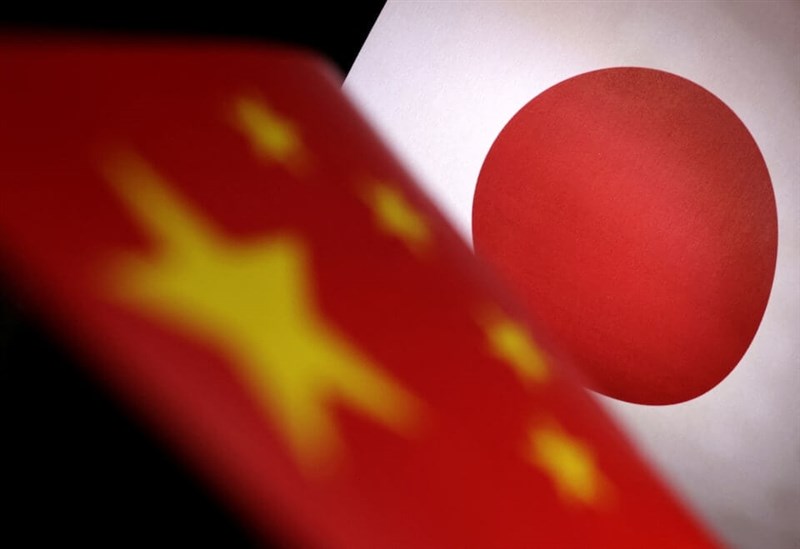China-Japan spat over Taiwan contingency unlikely to end soon: NSB report

Taipei, Nov. 22 (CNA) The recent dispute between China and Japan over Japanese Prime Minister Sanae Takaichi's Taiwan remarks is unlikely to be resolved soon, as Beijing is expected to maintain pressure on Tokyo while Japan shows little sign of backing down, according to Taiwan's National Security Bureau (NSB).
● ANALYSIS/China-Japan diplomatic spat not what it seems: Taiwan experts
In a report for Monday's legislative committee session, the NSB reviewed Takaichi's Nov. 7 remarks in the Diet, where she suggested that a Chinese blockade of Taiwan involving warships could constitute a "survival-threatening situation," potentially allowing the Japan Self-Defense Forces to act under its 2015 security laws.
Takaichi's remarks have since drawn a sharp response from Beijing, including suspending Japanese seafood imports and issuing travel warnings.
Beijing has also sought to play up its coast guard activity near the disputed Diaoyutai Islands (known as the Senkaku Islands in Japan) and conducted small-caliber coastal artillery drills in the Yellow Sea, the report said.
The NSB said Beijing is likely to continue employing "economic and trade coercion, media manipulation, and gray-zone harassment," while also courting Japan's opposition parties and using business ties to pressure the Takaichi Cabinet into retracting the remarks or offering concessions.
Japan, however, appears unwilling to yield, the bureau said.
While seeking to avoid escalation, Tokyo is expected to maintain a firm stance, strengthen security reforms and deterrence capabilities, and pursue principled dialogue with China.
According to the report, the Takaichi administration aims to revise Japan's three core security documents by 2026, accelerate defense system reforms, expand defense equipment R&D, ease export rules, and reach its target of raising defense spending to two percent of GDP.
Japan's security strategy likewise aims to strengthen first-island-chain coordination with the United States, and expand security cooperation with South Korea, the Philippines, Australia, Southeast Asian nations, the EU, and NATO as part of a broader effort to build a regional collective defense network, the NSB said.
Given these positions, the China-Japan dispute is unlikely to be settled in the near term, the bureau said.
According to the NSB, the recent Japan-China dispute is not merely bilateral, but has direct implications for the security of the Indo-Pacific region and beyond.
The international community is increasingly alert to China's expansionist threats, the bureau said, adding that Taiwan must engage with the global network to strengthen strategic communication and cooperation.
-
Business
U.S. dollar down in Taipei trading
02/25/2026 10:13 AM -
Business
Taiwan shares open higher
02/25/2026 09:18 AM -
Society
Taiwan headline news
02/25/2026 08:10 AM -
Society
Taiwan releases forced labor prevention guide for businesses
02/24/2026 09:39 PM -
Politics
KMT to propose legislative oversight for advanced chip technology exports
02/24/2026 09:20 PM